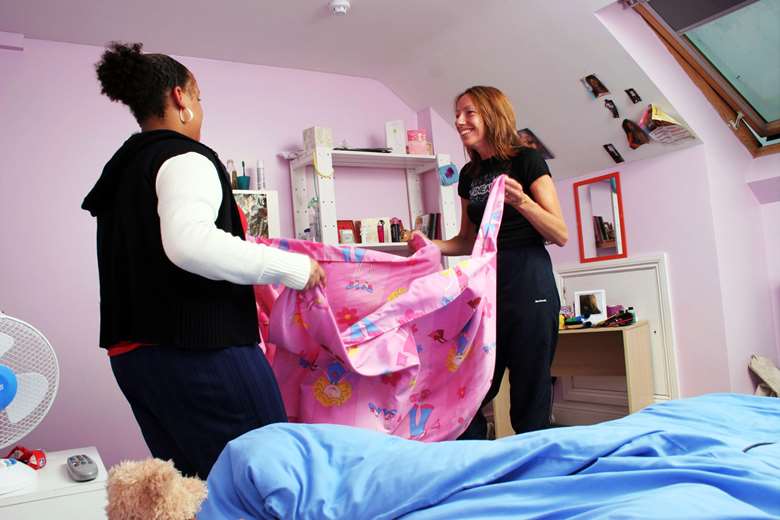Call for minimum allowance under Staying Put foster care initiative
Joe Lepper
Friday, May 26, 2017
Government must introduce a minimum allowance for foster carers looking after young people up to the age of 21, the National Association of Fostering Providers (NAFP) has said.

Under the Staying Put policy, which was made law through the Children and Families Act 2014, councils have a duty to support looked-after children who want to remain with their foster carer until they are 21.
But there have been concerns the scheme is being hindered by a lack of funding from central government to enable councils to cover the additional cost.
A report published by NAFP in December 2015 warned that the £40m additional government funding for councils to implement the scheme is not enough due to wider cuts across children's services.
The organisation said a minimum payment is necessary as many carers are unable to afford to pay household bills or care for young people under the current funding arrangements.
"Enabling young people to continue to live with their foster carers after 18 is a wonderful policy and something many carers have done informally for many years. But government have under-funded the Staying Put policy and, as a result, too many carers are unable to afford to pay basic bills and continue to care for young people," Harvey Gallagher, NAFP chief executive, said.
"Akin to the national minimum fostering allowance, an allowance for Staying Put would bring up the lowest levels of support to something more manageable."
The minumum allowance is one of a number of policy recommendations being made by NAFP ahead of next week's general election. It also wants an assurance that children will be placed by councils with the most appropriate foster carers, irrespective of whether they are in-house or independent.
Meanwhile, it wants an end to an "us and them" culture in councils' relationship with independent fostering providers. It said both sides should work together to better plan local provision.
It also wants the needs of the child to be prioritised over the price consideration when it comes to commissioning places.
"Where commissioning is treated as procurement and the cheapest is seen as best, we store up problems for the future," Gallagher said.
NAFP also wants independent reviewing officers (IROs), who chair reviews for children living in children's homes or foster care, to have greater autonomy, claiming that they currently feel under pressure from councils to endorse decisions that are not in the best interests of children.




